Baker Hostel, Room No 24: Sheikh Mujibur Rahman’s days in Calcutta
The first prime minister of Bangladesh and the architect of the 1971 Bangladesh Liberation War, Sheikh Mujibur Rahman spent the prime of his youth in room 24 of Baker hostel, while he was a student of Islamia College which is today known as Maulana Azad College in Calcutta. (Express photo: Shashi Ghosh)
March 26, 2021 07:30 IST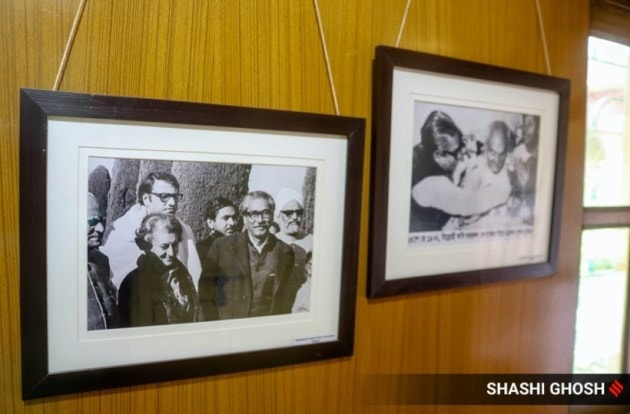 1 / 18
1 / 18The first prime minister of Bangladesh and the architect of the 1971 Bangladesh Liberation War, Sheikh Mujibur Rahman spent the prime of his youth in room 24 of Baker hostel, while he was a student of Islamia College which is today known as Maulana Azad College in Calcutta. (Express photo: Shashi Ghosh)
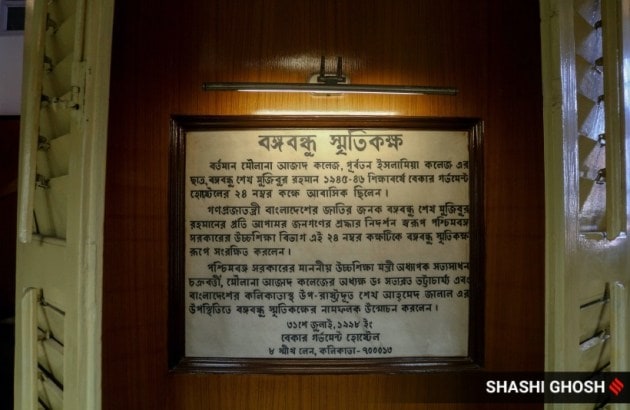 2 / 18
2 / 18It is here that the seeds of political revolution was sown in a young and resolute Rahman. (Express photo: Shashi Ghosh)
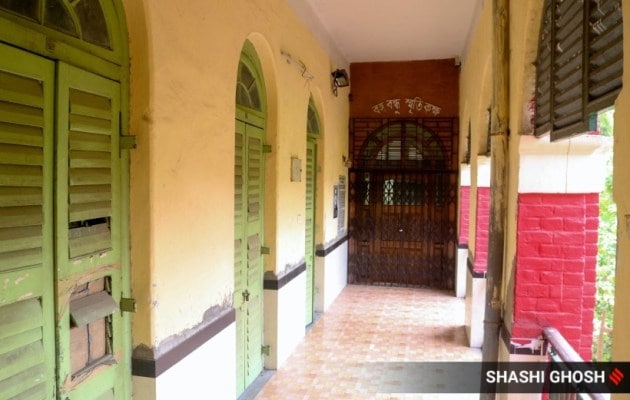 3 / 18
3 / 18It is here that the seeds of political revolution was sown in a young and resolute Rahman. (Express photo: Shashi Ghosh)
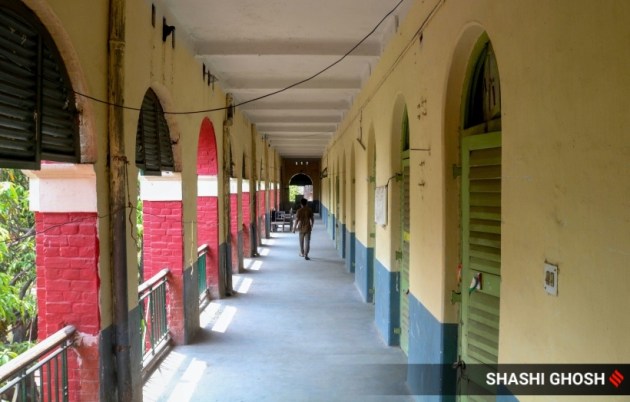 4 / 18
4 / 18Rahman was in Calcutta from 1942 to 1947. (Express photo: Shashi Ghosh)
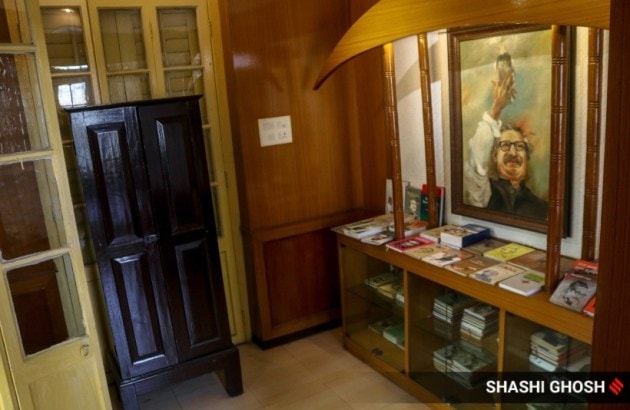 5 / 18
5 / 18He had earlier spent the years between 1934 and 1938 in the city while he was getting treated for his medical condition. (Express photo: Shashi Ghosh)
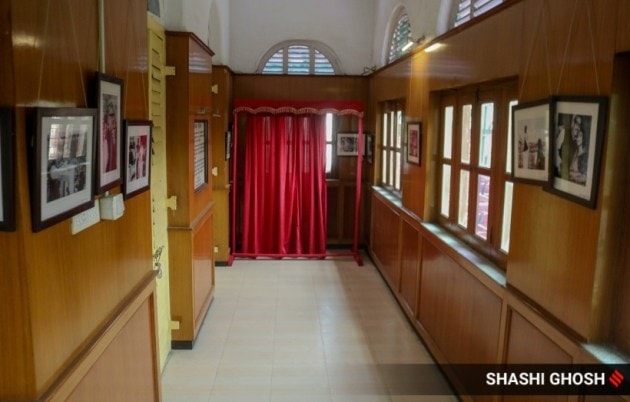 6 / 18
6 / 18After he went back to his hometown in Gopalganj, he had a chance meeting with H S Suhrawardy who was then the labour minister of Bengal. Suhrawardy recognized the political acumen of Rahman and asked him to visit him in Calcutta. (Express photo: Shashi Ghosh)
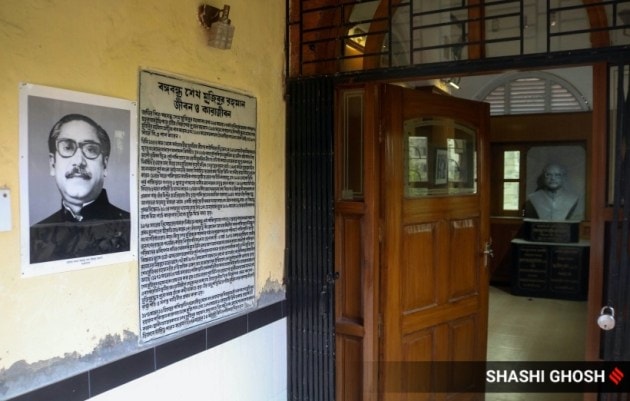 7 / 18
7 / 18Later, Suhrawardy would become the first political mentor of Rahman and it was under his directive that the latter would form the Muslims Students League in Gopalganj and lead several political campaigns during his time in Calcutta. (Express photo: Shashi Ghosh)
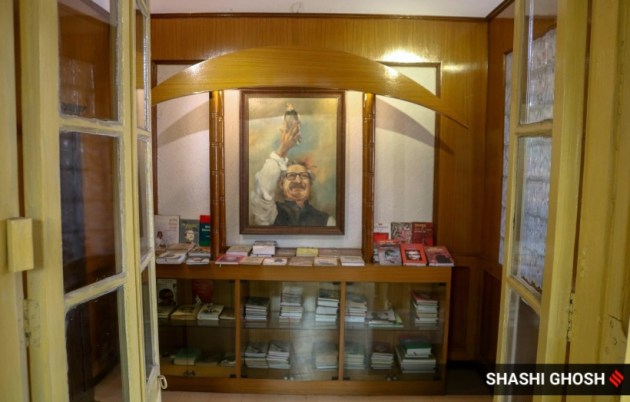 8 / 18
8 / 18The year he took admission in Islamia College, his father retired from his job as a court clerk. (Express photo: Shashi Ghosh)
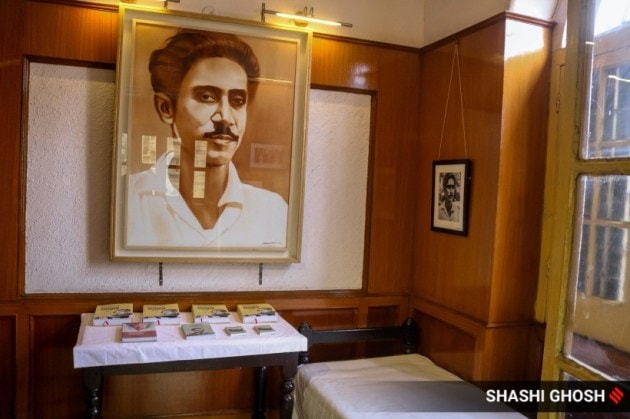 9 / 18
9 / 18Later in his student life, in order to avoid being a financial burden on his family, Rahman started a hotel business in Calcutta. (Express photo: Shashi Ghosh)
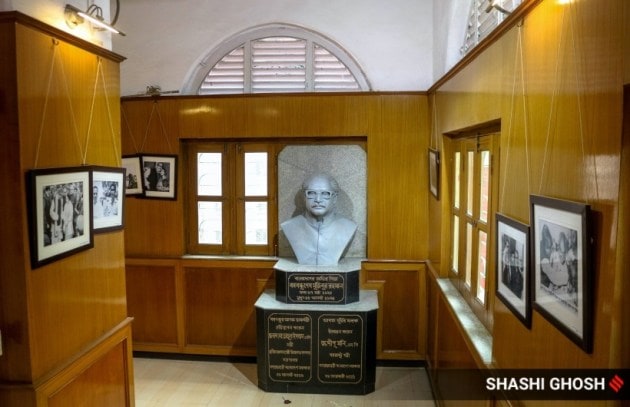 10 / 18
10 / 18But even as a student, it was his political career that took precedence over studies. (Express photo: Shashi Ghosh)
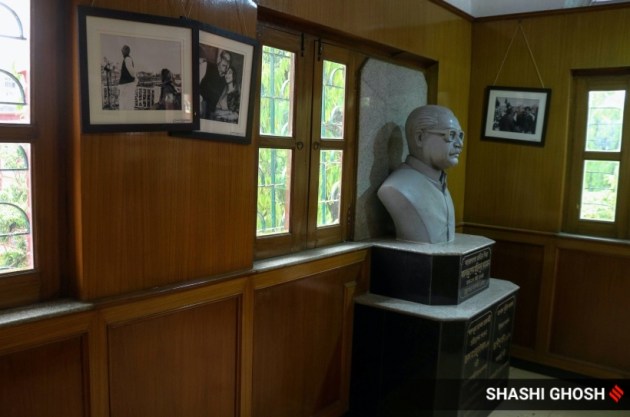 11 / 18
11 / 18He believed in taking on leadership roles and would convince his fellow students on the need for a separate state for India’s Muslims. (Express photo: Shashi Ghosh)
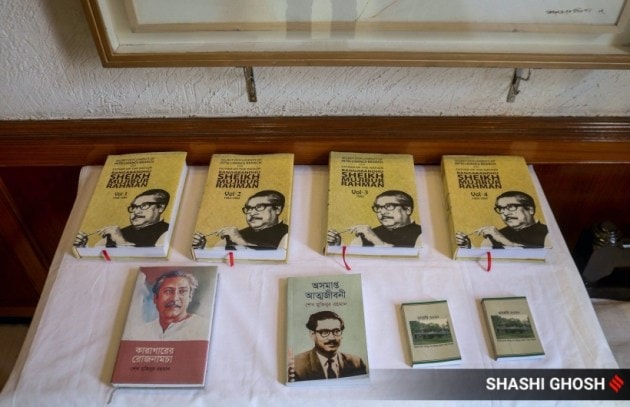 12 / 18
12 / 18During the Bengal famine of 1943, when hundreds of people were dying on the streets of Calcutta, Rahman played a crucial role in organising relief work. In his autobiography he wrote about opening gruel kitchens in the Muslim League’s central office in Calcutta, in the madrasas of the city and in other places. (Express photo: Shashi Ghosh)
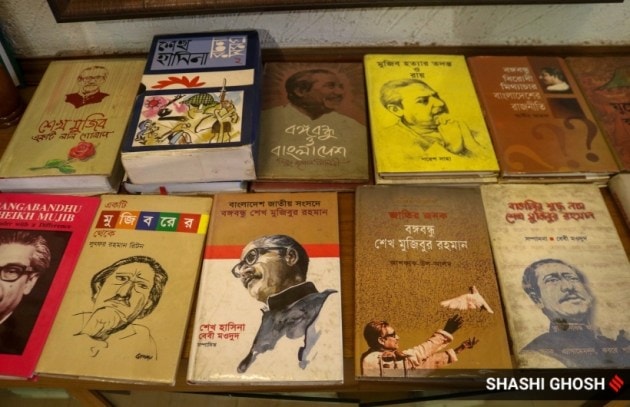 13 / 18
13 / 18During the 1946 Calcutta riots too, Rahman was at the forefront of arranging relief for both Muslims and Hindus. He ensured that the League office, the Islamia college building, the Baker hostel premises, and the Calcutta Madrasa were kept open for those fleeing attacks. (Express photo: Shashi Ghosh)
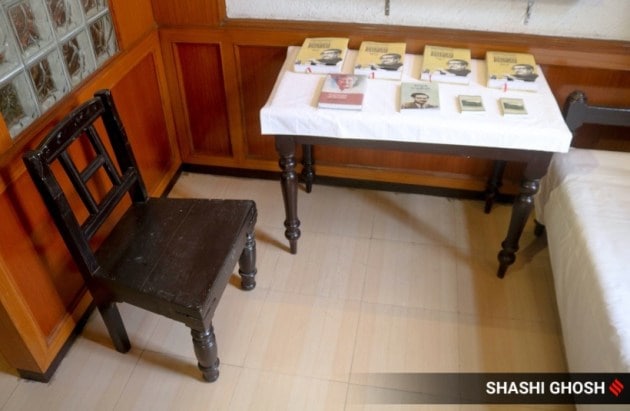 14 / 18
14 / 18In the days preceding the Partition when Suhrawardy led a movement demanding a united Bengal, independent from both India and Pakistan, Rahman too supported it whole-heartedly. (Express photo: Shashi Ghosh)
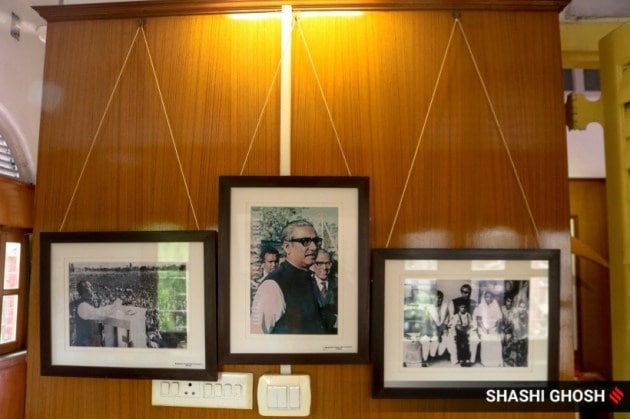 15 / 18
15 / 18However, the plan did not take off and Bengal was partitioned in 1947. (Express photo: Shashi Ghosh)
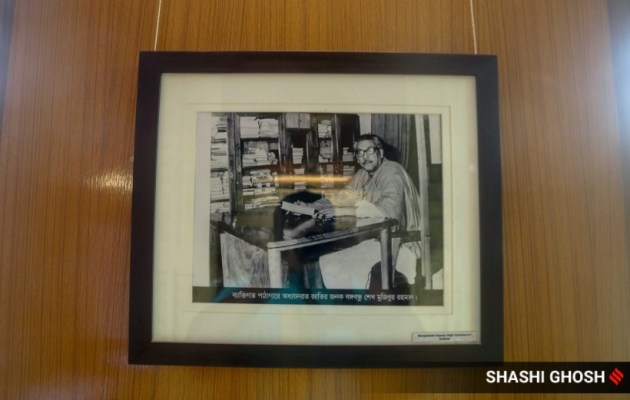 16 / 18
16 / 18In 1947, like most Bengali Muslims, Rahman too hoped that Calcutta would be a part of Pakistan. But he was not vocal about it. (Express photo: Shashi Ghosh)
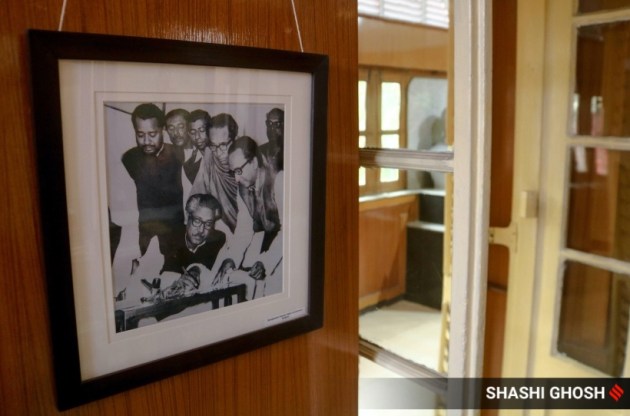 17 / 18
17 / 18In the first press conference held in an independent Bangladesh in 1972 when a journalist asked Rahman if he wished for a time when East and West Bengal would come together to form a greater united Bengal. “Mujib took a puff on his cigar, thought for a few seconds and then replied: ‘I am happy with my Bangladesh.’” (Express photo: Shashi Ghosh)
 18 / 18
18 / 18The main gate of Baker hostel. (Express photo: Shashi Ghosh)











